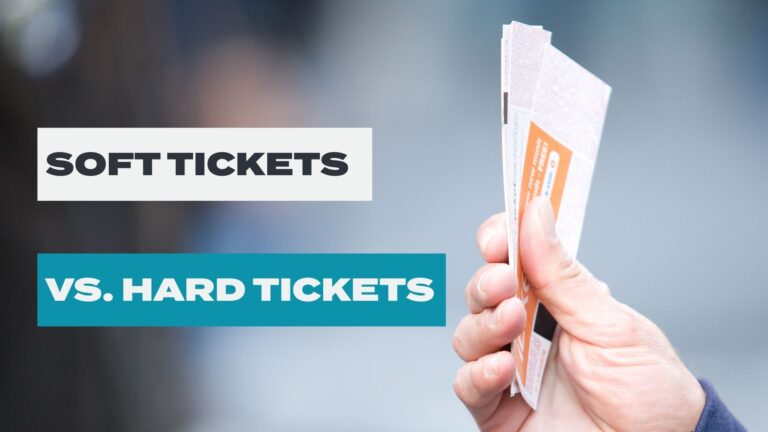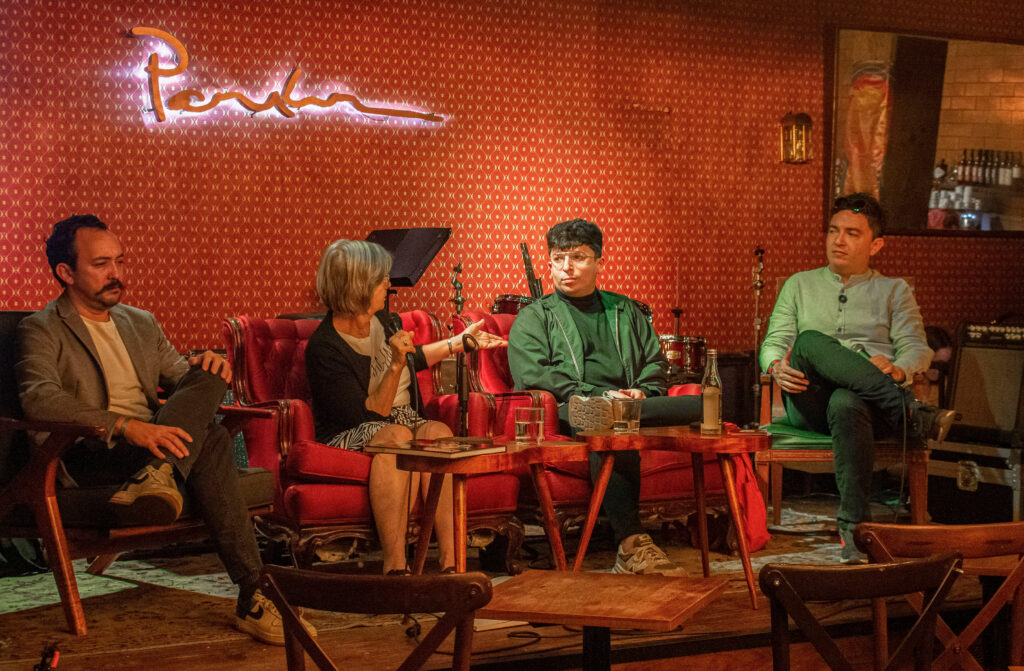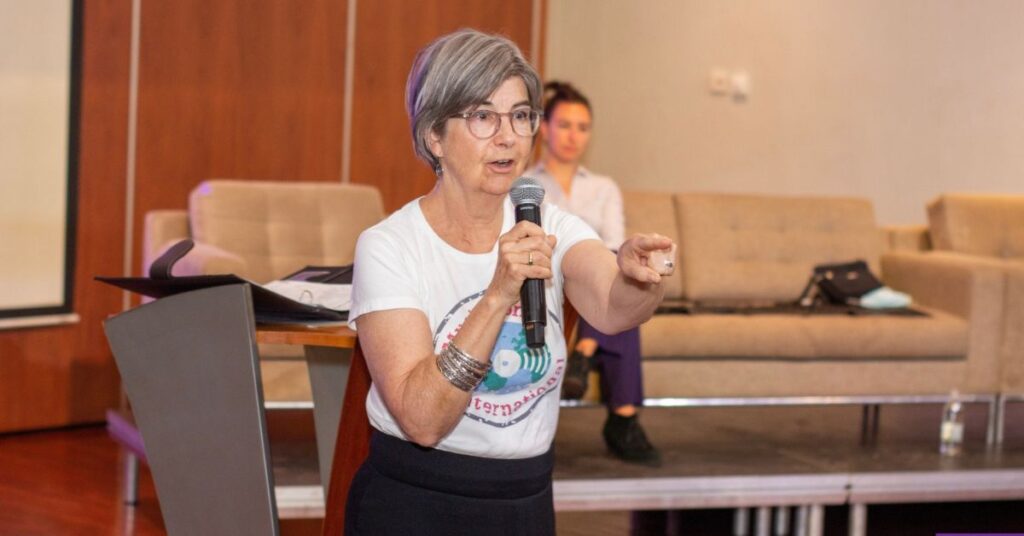If you’re serious about building a live career, you’ll quickly run into two industry terms: soft ticket vs. hard ticket shows. On the surface, they just describe different kinds of gigs. But in reality, understanding how they work — and how to use them — is one of the smartest ways to grow as an independent musician.
Table of Contents
What Is a Soft Ticket Event?
Think of festivals, summer concert series, or even private events. At these shows, the audience is there because of the event itself, not you specifically. A ticket buyer at a festival might discover you by chance because they’re wandering between stages, but they didn’t pull out their credit card just to see your set.
That’s the tradeoff: soft ticket events bring exposure, not proof of ticket sales.
And that’s the key to the festival playing experience. If you can land the right festival or series, you have the opportunity to be seen by hundreds — sometimes thousands — of potential fans you may never reach on your own. And because you don’t shoulder the risk of selling every ticket, these gigs let you focus on making an impression.
Because of this exposure, focus on picking the right festival and the right stage for your performance rather than thinking about what you’ll make financially from the performance.
Of course, the reality isn’t so easy. Festivals are incredibly competitive for this very reason. They offer massive opportunities for artists looking to grow their audience. Not to mention that festivals have a limited number of stages and days to put on their performances, so slots are much more limited than a venue that might put on shows most nights of the year.
Festival promoters also have the delicate task of balancing their lineup for a particular year. Newport Jazz Festival can’t produce a lineup that’s 75 percent piano players—and this goes beyond instruments. Depending on the festival, different styles and perspectives will need to be balanced to produce a more holistic festival experience.
Because of this reality, your act might be turned down one year for circumstances beyond your control. But don’t take it to heart, and feel free to apply the next year, where you’ll be more known and may have better odds.
What Is a Hard Ticket Show?
A hard ticket gig is what you usually think about when imagining live music, where the audience buys a ticket specifically to see you. This could be a club, a theater, or larger venue like a Performing Arts Center. Unlike soft ticket gigs, these shows measure your drawing power, and you’ll need to contribute to selling tickets.
Promoters, venues, and booking agents pay close attention to these numbers because they indicate your ability to sell tickets consistently in a given market. If you can sell out a 150-capacity club, that gives you leverage when negotiating a larger room or pitching to a festival stage in the future.
Don’t have a place to track ticket information? See our blog post on building a Tour History.
It’s important to remember that hard ticket shows come with an inherent risk. Every time an artist and promoter partner to put on a concert, there’s shared risk involved, and tickets must be sold to make the performance profitable.
But as a result of this, there’s also potential to make money out of performing, which for so many artists is the dream.
How to Use Both Strategically
Here’s where the two worlds connect.
Festivals can give you a huge boost in exposure, but on their own, they don’t guarantee long-term fans. Additionally, many festivals have much larger costs to cover than smaller venues, and therefore are not able to offer as much money to performers, especially on smaller stages.
In order to make a tour (and career as a whole) successful, you’ll need a combination of both hard and soft ticket events.
The smartest play is to pair a soft ticket appearance with hard ticket dates in the same region. If you can book a stage at the festival, your next goal is to build a few club shows around it. That way, you offset travel costs and create multiple chances to connect with fans in that market.
We also recommend returning to that same market roughly six months later for another hard ticket show. If you made a strong impression at the festival, some of those people will remember you — and this time, they’re buying a ticket for you alone. That’s how you turn soft ticket exposure into hard ticket momentum.
Final Takeaway
Soft ticket events and hard ticket concerts aren’t just industry jargon — they’re tools. Soft ticket gigs (festivals, series, private events) help you get in front of new audiences. Hard ticket gigs (clubs, theaters, tours) prove you can sell tickets and grow your career sustainably.
The artists who grow the fastest are the ones who use both intentionally: choosing the right festival stages for maximum exposure, then reinforcing that growth with hard ticket shows in the same market.
If you’re an independent musician navigating booking for the first time, remember: every gig plays a role. The trick is knowing which type of show you’re playing — and how to use it to build your future.



